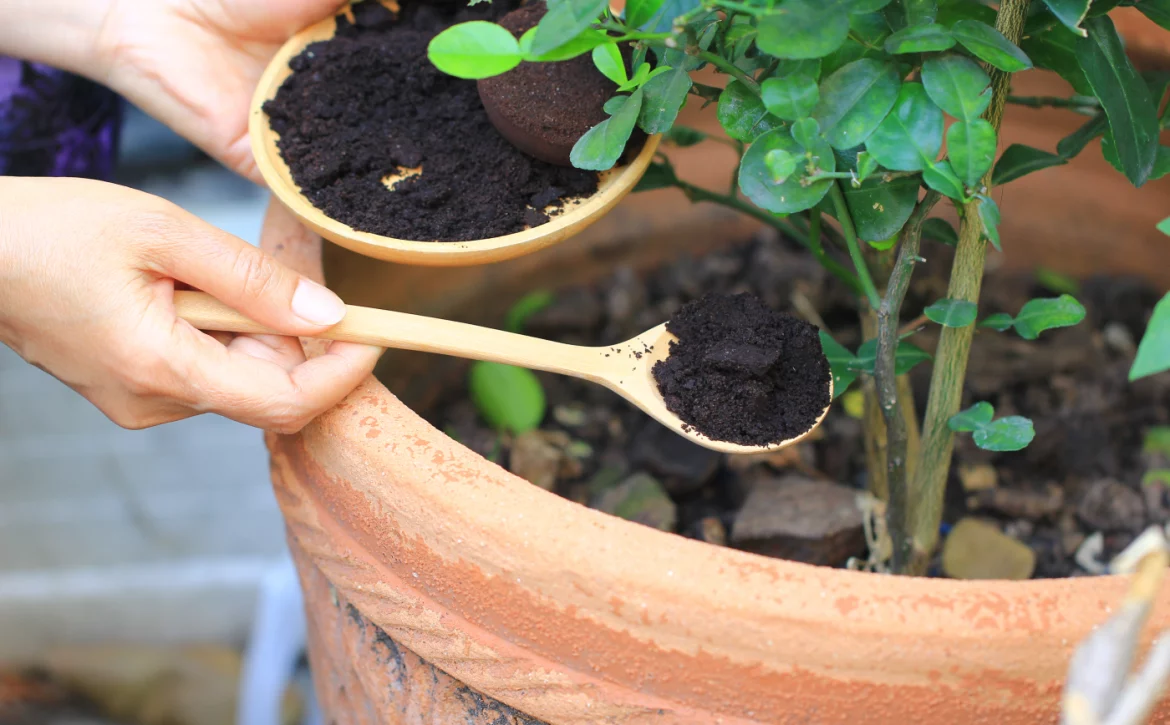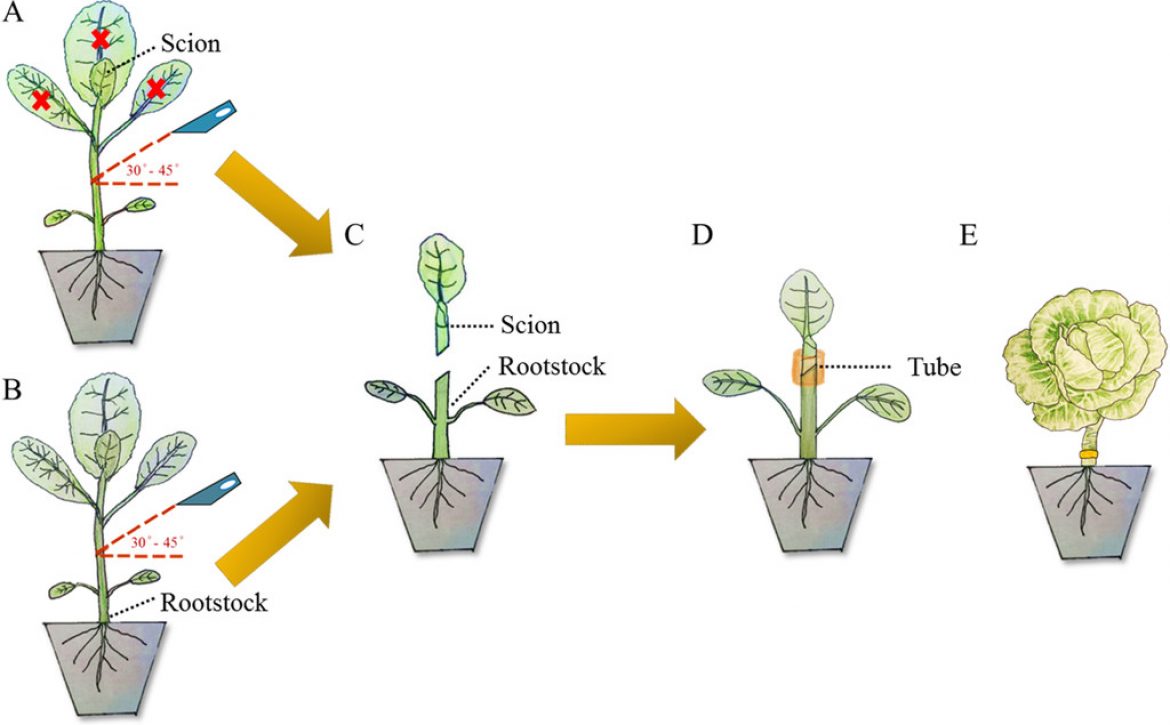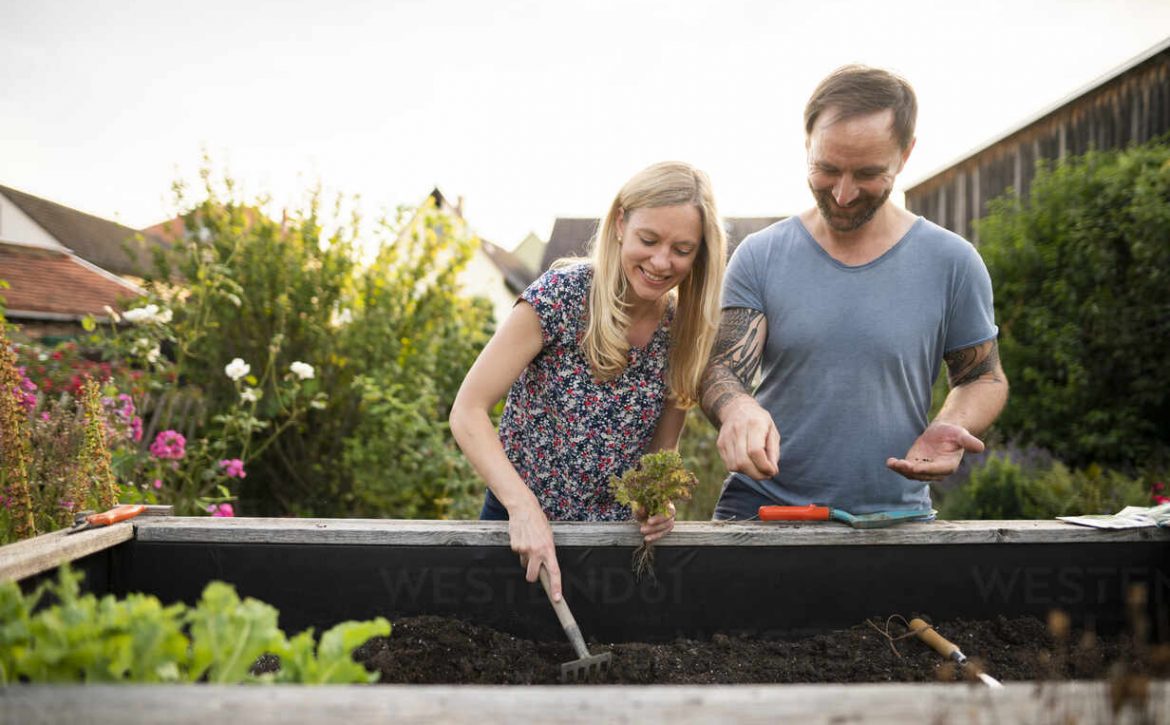5 Benefits of Using Coffee Grounds in Your Garden for Growing Seeds and Vegetables
Did you know that your morning cup of coffee can also benefit your garden? Coffee grounds are a rich source of nutrients that can improve soil structure, deter pests, and promote healthy plant growth. In this post, we’ll explore five benefits of using coffee grounds in your garden for growing seeds and vegetables. So, instead of throwing away your used coffee grounds, repurpose them in your garden to give your plants a nutrient boost!






